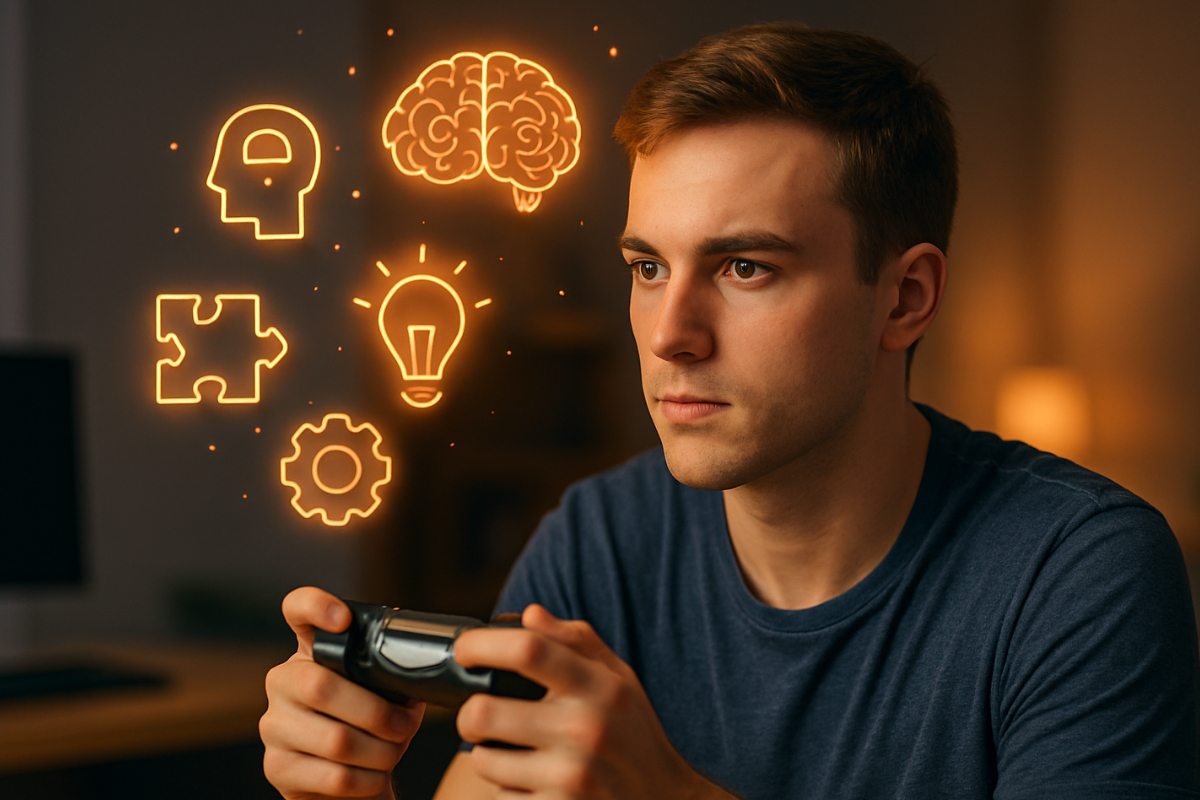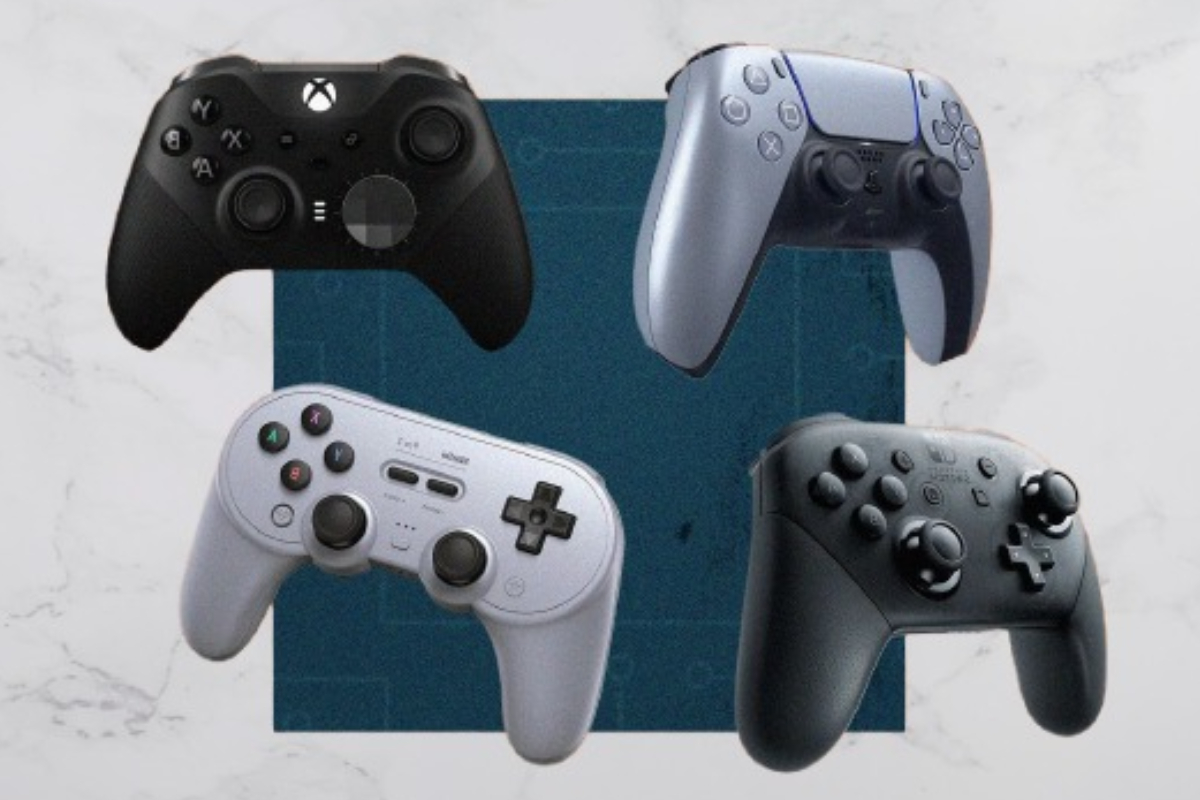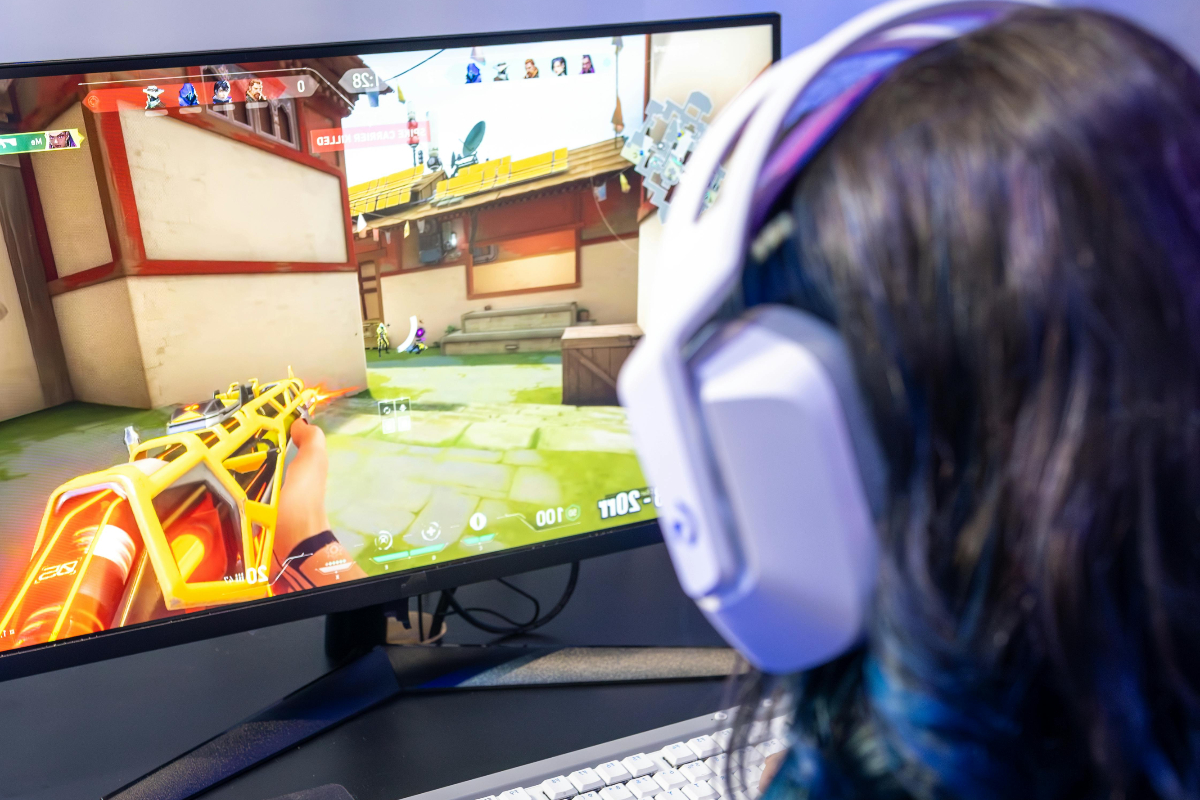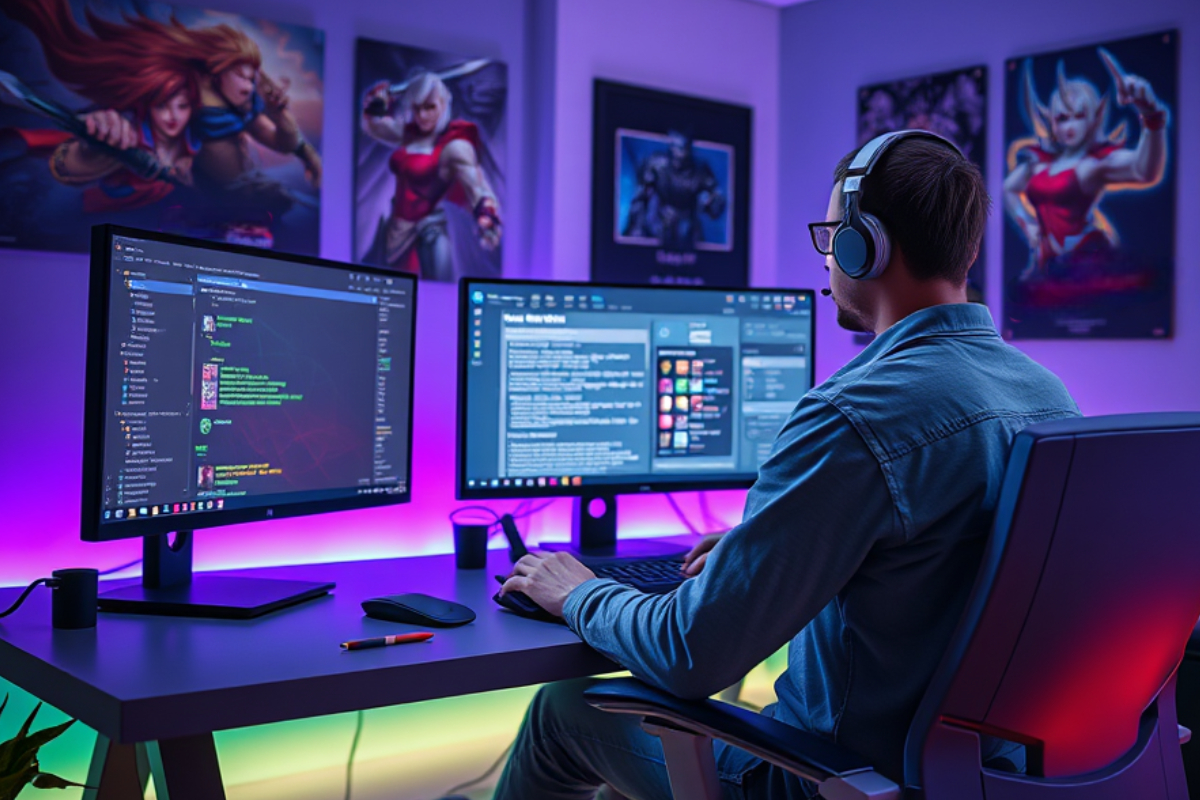Games can play a powerful role in improving cognitive skills, especially for social media users and content creators who rely on focus, memory, and quick thinking every day. In a fast-paced digital environment, staying sharp mentally isn’t just helpful; it’s necessary. Many people turn to games to relax, but what they may not realize is that certain games also help train the brain in ways that support real-world productivity.
From managing multiple ideas at once to solving problems creatively, cognitive development through gameplay is becoming more recognized. The brain responds well to challenges, and games offer a fun, engaging way to build mental strength without it feeling like work.
Quick Overview: How Games Boost Cognitive Skills
- Memory and attention improve through gameplay that involves tracking patterns, remembering rules, or recalling story elements.
- Strategic thinking and problem-solving are enhanced by decision-making in real time or through long-term planning.
- Multitasking and reaction time benefit from fast-paced games that require players to juggle multiple actions at once.
- Language and reasoning skills can grow by following instructions, reading dialogue, or communicating with others in online settings.
- Creativity and emotional control often flourish when players are immersed in storytelling or face unpredictable challenges.
Why Cognitive Skills Matter in Daily Life, Even in Games
Cognitive skills include attention, memory, processing speed, logic, and the ability to reason. These are the building blocks of how we think, learn, and solve problems. They affect everything from how we manage a busy schedule to how well we perform at school or work. When these skills are strong, everyday tasks feel easier and more manageable.
Some people practice mental exercises to strengthen these skills, but games offer a more interactive and rewarding path. The beauty is that players often don’t even realize they’re training their brain; it just feels like fun.
Games That Improve Memory and Cognitive Skills
Memory plays a role in almost every part of life. Think of remembering someone’s name, keeping track of grocery items, or recalling directions. Certain games focus specifically on boosting this skill.
Games that boost memory are a great way to develop cognitive skills by challenging players to recall patterns, details, and decisions over time.
Puzzle games, card-matching challenges, and mystery-solving adventures are excellent for short-term memory. Players often need to remember visual patterns, dialogue from characters, or steps they took earlier in the game. Strategy games like Civilization or Age of Empires push players to remember resources, past events, and goals over a longer timeline.
One classic example is the game Portal. Not only does it ask players to recall layouts of rooms, but it also rewards those who can remember earlier clues and solutions. This back-and-forth strengthens both short- and long-term memory engagingly.
Improving Focus and Attention Span Through Games
It’s getting harder for people to stay focused with constant digital distractions. That’s why building attention skills matters more than ever. Many games are designed to keep players focused for long periods while gradually increasing the difficulty.
Action games like Call of Duty or Fortnite challenge players to track fast-moving visuals and stay alert to changing environments. Puzzle-based games such as Tetris require players to concentrate on pieces falling in real-time. In both cases, players train their brains to block out distractions and stay focused on one goal.
Even casual games like Sudoku or Candy Crush encourage mental focus, especially when levels grow more complex. These types of games don’t just help pass time during a commute; they also stretch attention spans over time.
Strategic Thinking Gets Stronger With Every Level
Planning and thinking ahead are key skills, both in life and in games. When a game forces players to make choices with long-term consequences, it naturally builds stronger decision-making skills.
Take StarCraft, for example. Players must manage resources, build armies, and predict opponents’ moves. Every decision shapes the next five minutes of gameplay. Learning to think strategically like this doesn’t just apply to gaming; it can help with financial planning, organizing tasks, or preparing for big events.
Board games and digital card games like Hearthstone also encourage planning several steps. These games build the habit of considering outcomes before acting, which is a valuable mental skill at any age.
Multitasking and Reaction Time Improve With Practice
Fast-paced games demand quick thinking. Whether it’s driving in Mario Kart or switching weapons mid-fight in Overwatch, players must make decisions on the fly. This kind of training supports faster reaction times and the ability to multitask.
Studies have shown that action game players often outperform others when tested on tasks that involve switching between activities or responding to sudden changes. That’s because their brains get used to juggling several actions at once.
Even real-time strategy games improve this skill by asking players to manage armies, resources, and building upgrades, often at the same time. It’s a mental workout that pays off in real-world tasks, like managing emails while taking phone calls or cooking multiple dishes at once.
Language and Communication Skills Get a Boost
Games with strong narratives or multiplayer interactions offer chances to develop language and communication skills. Reading in-game dialogue, interpreting instructions, or engaging in voice chats during team play helps players become better listeners and communicators.
Story-rich games like The Legend of Zelda or Final Fantasy encourage players to follow complex plots, which strengthens reading comprehension. Meanwhile, multiplayer games like Minecraft or Valorant allow players to collaborate, plan, and resolve issues with teammates.
Players who regularly engage in these interactions tend to build confidence in expressing themselves, a skill that supports success in both academic and social environments.
Problem-Solving Becomes Second Nature
Many games are built entirely around solving problems. Whether it’s a mystery, a mechanical puzzle, or an enemy to defeat, players must figure out how to progress. This encourages flexible thinking and builds resilience when things don’t go as planned.
In The Witness, for example, players are dropped into an island full of puzzles with little instruction. Progressing means experimenting, thinking critically, and making connections between clues. The ability to face confusion and work through it is a powerful skill, especially for young learners.
Even sandbox games like Minecraft encourage creative problem-solving when players must build shelter, craft tools, or survive harsh conditions using limited resources.
Emotional Control and Resilience Build Over Time
Games are full of highs and lows; a victory can feel amazing, and a loss can be frustrating. Learning to manage these emotions while continuing to play builds emotional strength. Players gradually develop patience, determination, and the ability to stay calm under pressure.
Losing a difficult match or failing a level multiple times teaches persistence. Overcoming that challenge creates a rewarding feeling that can carry over into daily challenges like schoolwork, job stress, or learning a new skill.
Some games even include emotional storytelling that helps players understand different perspectives. These stories promote empathy and thoughtful reflection, both key parts of strong emotional intelligence.
Creative Thinking Grows With Open-Ended Games
Not all cognitive growth comes from structure. Open-ended or sandbox games give players the freedom to create their own goals. Whether designing cities in SimCity or building entire worlds in Minecraft, players use imagination and experimentation to bring ideas to life.
Creativity is often overlooked as a cognitive skill, but it plays a huge role in problem-solving and adaptive thinking. Giving the brain space to dream, test, and revise ideas strengthens the ability to think outside the box, a valuable trait in both personal and professional life.
A Helpful Addition to Learning and Development
Games are becoming more common in classrooms and therapy sessions for a reason. Educational games designed to improve math, reading, or critical thinking are widely used by teachers and parents. When paired with traditional learning, they help reinforce concepts in a way that’s engaging and memorable.
Even adults benefit from brain-training apps like Lumosity or Peak, which use short games to focus on memory, reasoning, and mental flexibility. While they won’t replace a healthy lifestyle, these tools support ongoing cognitive development and mental fitness.
Boosting Cognitive Skills Through Games
The connection between games and cognitive skills is more than just a theory; it’s backed by growing evidence and real-life examples. Games offer a fun and interactive way to train the brain, develop new habits, and stay mentally sharp across all ages.
By choosing games that challenge memory, focus, creativity, or decision-making, players can turn leisure time into something more meaningful. Whether you’re solving puzzles, managing cities, or building castles, you’re also investing in your brain.
For those looking to improve focus, build resilience, or just stay mentally active, games are a smart and enjoyable choice. Just one more reason to press “play.”



